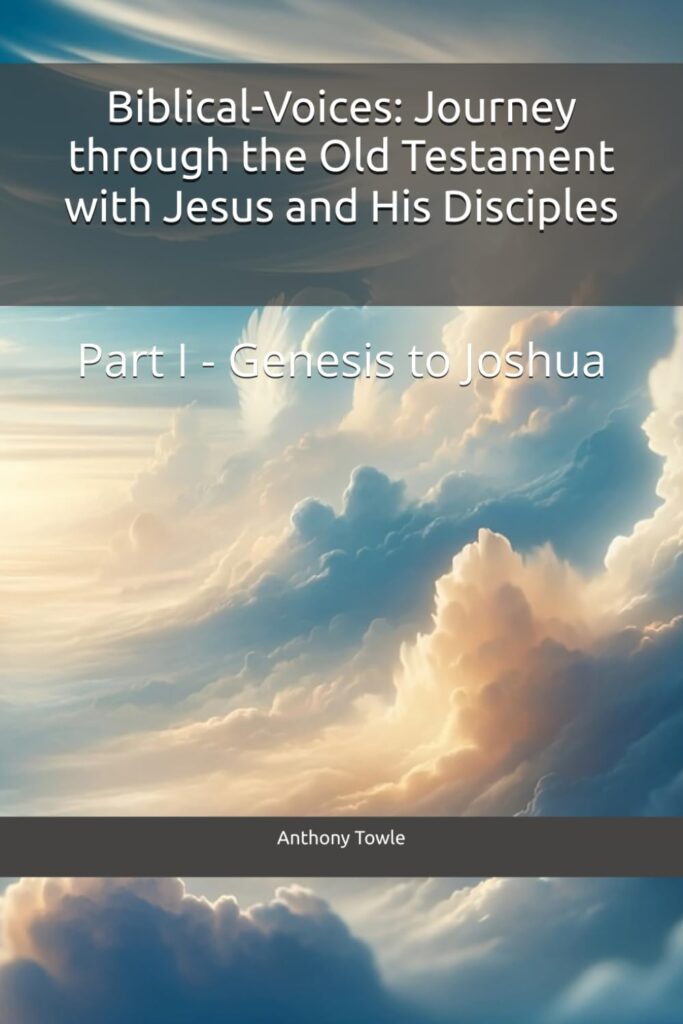Jesus: “In contemplating the idea of free speech, it is crucial to balance the expression of thoughts and beliefs with love, respect, and responsibility towards others. ‘All things are lawful unto me, but all things are not expedient: all things are lawful for me, but I will not be brought under the power of any.’ (1 Corinthians 6:12). This suggests that while one may have the freedom to speak, not everything we say is beneficial or constructive.”
Peter: “Lord, I’ve often spoken impulsively, learning the hard way that words can hurt. How should we navigate the freedom to speak with the potential to harm?”
Jesus: “Peter, remember, ‘But I say unto you, That every idle word that men shall speak, they shall give account thereof in the day of judgment.’ (Matthew 12:36). Your words have power; use them to uplift, not to harm. Speak the truth in love, considering the impact of your words on others.”
Andrew: “So, there’s a responsibility in how we use our words. Is it fair to say that free speech should be guided by love and truth?”
Jesus: “Precisely, Andrew. ‘Let no corrupt communication proceed out of your mouth, but that which is good to the use of edifying, that it may minister grace unto the hearers.’ (Ephesians 4:29). Your speech should build up, not tear down. The freedom to speak comes with the duty to do so graciously and constructively.”
John: “Master, in a world where words can be spread far and wide with ease, how do we ensure our speech remains edifying?”
Jesus: “John, stay rooted in prayer and the Scriptures. Let your words be a reflection of your relationship with God. Before you speak, consider whether your words reflect God’s love and truth.”
Philip: “But what about when speaking the truth causes conflict or discomfort? Should we still limit our speech then?”
Jesus: “Philip, ‘Blessed are the peacemakers: for they shall be called the children of God.’ (Matthew 5:9). Speaking the truth is necessary, but always seek to do so in ways that promote understanding and peace, not division.”
Matthew: “It seems that the heart of the matter is not whether to limit speech, but how to ensure our speech aligns with God’s will.”
Jesus: “Exactly, Matthew. Let your words be guided by wisdom and discernment, aiming to glorify God and serve others. In this way, you exercise your freedom of speech responsibly, within the bounds of love and respect for your neighbor.”

